Changing the conversation: shaking off stereotypes and building relationships with procurement teams
Procurement professionals have been accused of being a lot of things over the years. Whether it’s being named ‘gatekeepers’, ‘box-tickers’ or worse, one stereotype they still struggle to shake is that of being the ‘heavies’; the team that’s brought in to ‘turn the screws’ and lower the price before a contract is signed.
These tired old cliches need to be dropped, as does the outdated perception that procurement teams are solely focused on cost-cutting. Yes, it is true that procurement professionals do have boxes they need to tick, but more often than not, these stem from internal processes on both the client and supplier sides of any relationship agreement.
Procurement teams are under pressure internally to manage the cost relationship with their suppliers, but they are also looking for value and to mitigate any potential risk. Essentially, they want to ensure the most appropriate fit for their business in the long-term. This means that suppliers who can build a business case and demonstrate how their technology and support services can truly benefit the organisation – now and in the future – will go a long way to winning the trust and support of procurement teams.
This article draws on first-hand experiences from my 25 year career in marketing technology. It provides tips for changing the way we think about and work with procurement teams. I’ve outlined key themes, observations and tips, highlighting topics from past and current conversations between business leaders and procurement professionals, including the recent ‘fireside chat’ forum we hosted at ProcureCon Marketing.
Bridging departments: finding common ground
At Purple Square CX, we have always positioned ourselves as translators between Marketing and IT. Having a foot in both camps, and the ability to speak both languages fluently helps us to understand the needs, concerns and goals of both departments. This ultimately translates to smoother, more seamless deployments of the projects we carry out.
Several of the marketing procurement specialists I’ve spoken with fulfil a similar diplomatic role every day. For them, it is working as mediators between their marketing and finance departments, often navigating these with supplier and IT teams who also have a vested interest in the conversations taking place.
Respecting this mutual ability to build bridges and work across departments can prove to be one of the most valuable components of a client/supplier relationship. It helps to cultivate trust and understanding on all sides, providing common ground and a firm foundation that suppliers and procurement can use to build a fruitful, long term partnership.
Respecting this mutual ability to build bridges and work across departments can prove to be one of the most valuable components of a client/supplier relationship.
Winning allies through knowledge sharing
It is essential for suppliers to build positive and mutually beneficial relationships with their incumbent client procurement teams. Having an outside perspective brings with it the benefit of knowledge and experience we can share with them – both from working within their organisation, as well as from the wider industry as a whole.
This not only creates a positive working dynamic, but helps to keep procurement teams well informed of emerging trends and developments both inside and outside of the company. Sharing knowledge and insights arms them with additional context that aids in their understanding and ability to analyse the impact these new developments, ideas and technologies may have on the business – helping to cement procurement as [commercially aware] ally.
Teamwork and due diligence
As with any successful relationship, clear communication on all sides is essential. It’s much easier to be effective and supportive if you are part of the team, rather than kept at arms’ length. Much like outside suppliers, procurement professionals also need to be kept in the loop and aware of any changes to the strategic vision or CX objectives. They are more likely to support investments and initiatives that meet these goals if they understand them and are kept up to date.
It’s much easier to be effective and supportive if you are part of the team, rather than kept at arms’ length.
Adopting a ‘we’ve selected this platform, make it happen’ approach tends to result in challenges and some push back if appropriate due diligence had not applied, creating headaches for everyone involved. Leaving procurement outside of the decision making process not only flies in the face of working as a team, but can also cost valuable time and money. If they are briefed and informed from the start, the procurement team is well-placed to review the ins and outs of your existing contracts, agreements and upgrade opportunities. They can therefore easily spot and point out areas where you may already have the support or functionality you’re looking for in a solution you already have, helping you avoid investing in tech you don’t need rather than training that can help streamline processes and deliver more value in the long run.
A client recently highlighted this issue and the importance of pushing the envelope with existing marketing technology capabilities before you look elsewhere, quoting NASA Flight Director Gene Kranz, “I don’t care what anything was designed to do, I care what it can do”.
Workable processes for long term value
If and when you do decide to make a change, working with procurement offers a more holistic approach to investing in a new product or service. They can help transform RFPs from box ticking exercises to valuable processes, helping to avoid all too common mistakes like placing too much focus on reproducing the functionality you already have in a new platform.
While it’s important that capabilities are maintained, it is essential that new technology investments deliver growth, enhanced capabilities and future value beyond the term of the implementation and transformation project. Working together, marketing and procurement teams can combine their areas of expertise to set clear objectives and KPIs that focus on delivering value over time, rather than on measuring short-term costs savings.
There has been a disconnect between the perception and the reality of procurement teams and the jobs they do for far too long. Harnessing their strengths – like attention to detail and focusing on what’s best for the business – can be a huge asset to suppliers and organisations alike when it comes to decision-making. Rather than vilifying or ignoring procurement’s role, establishing clear communications and effective processes will help to build trust and allow everyone to work together more effectively. This will result in a stronger, more resilient team and create long term value for the business as a whole.
Like what you see?
Subscribe to our newsletter for customer experience thought leadership and marketing tips and tricks.





